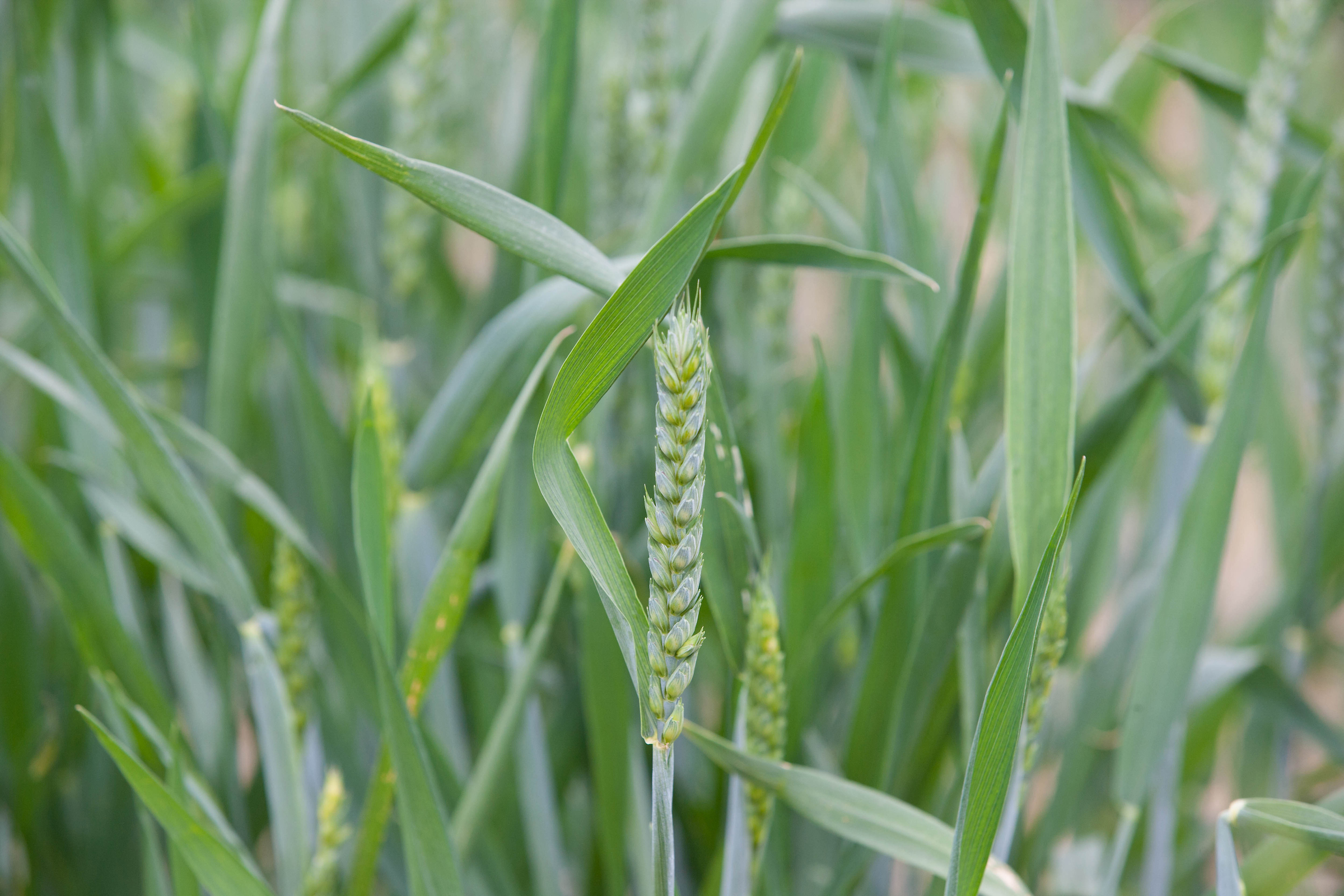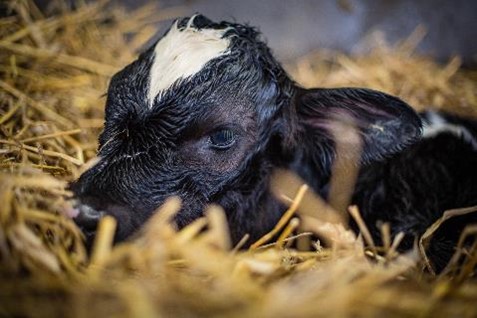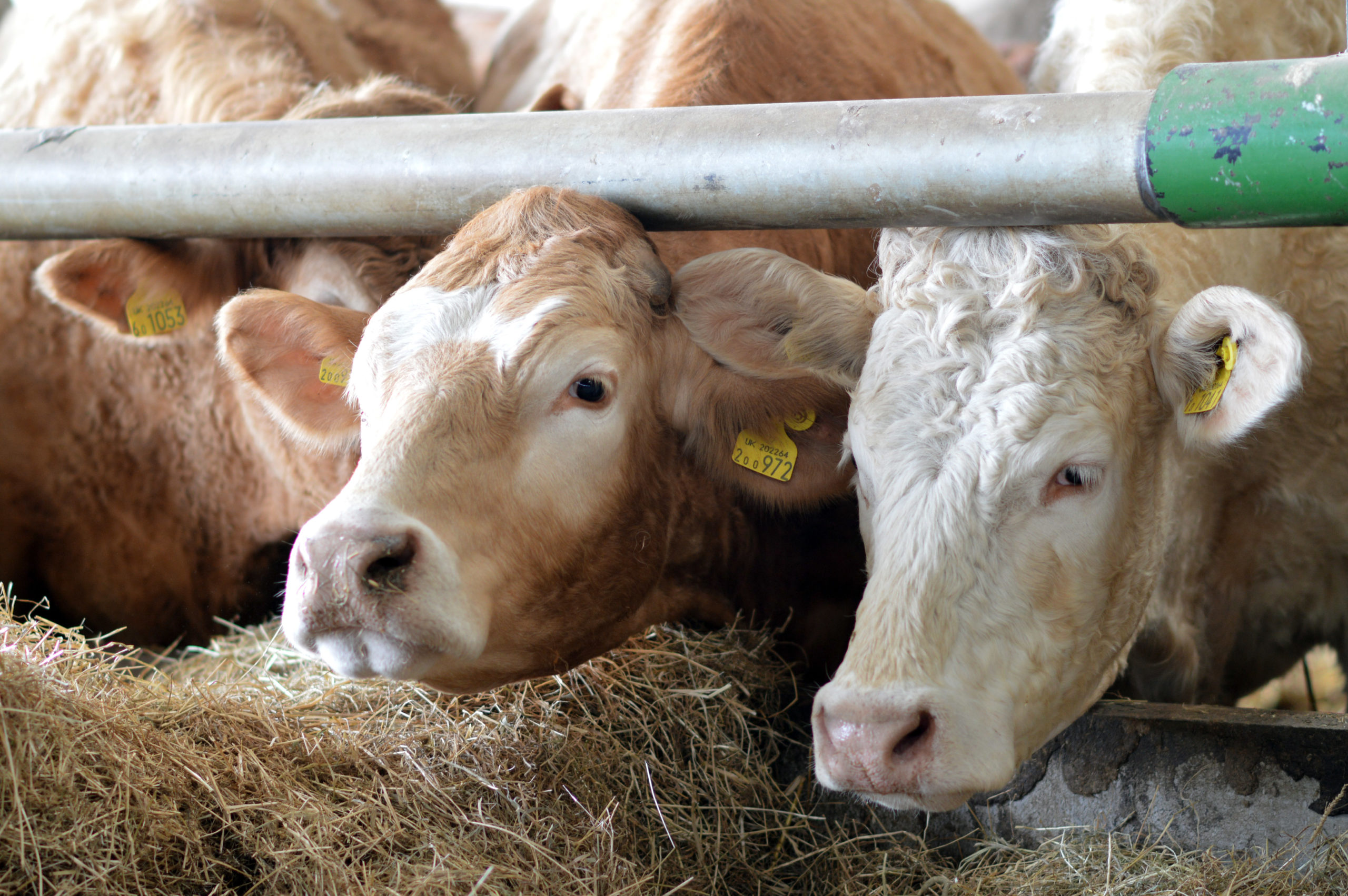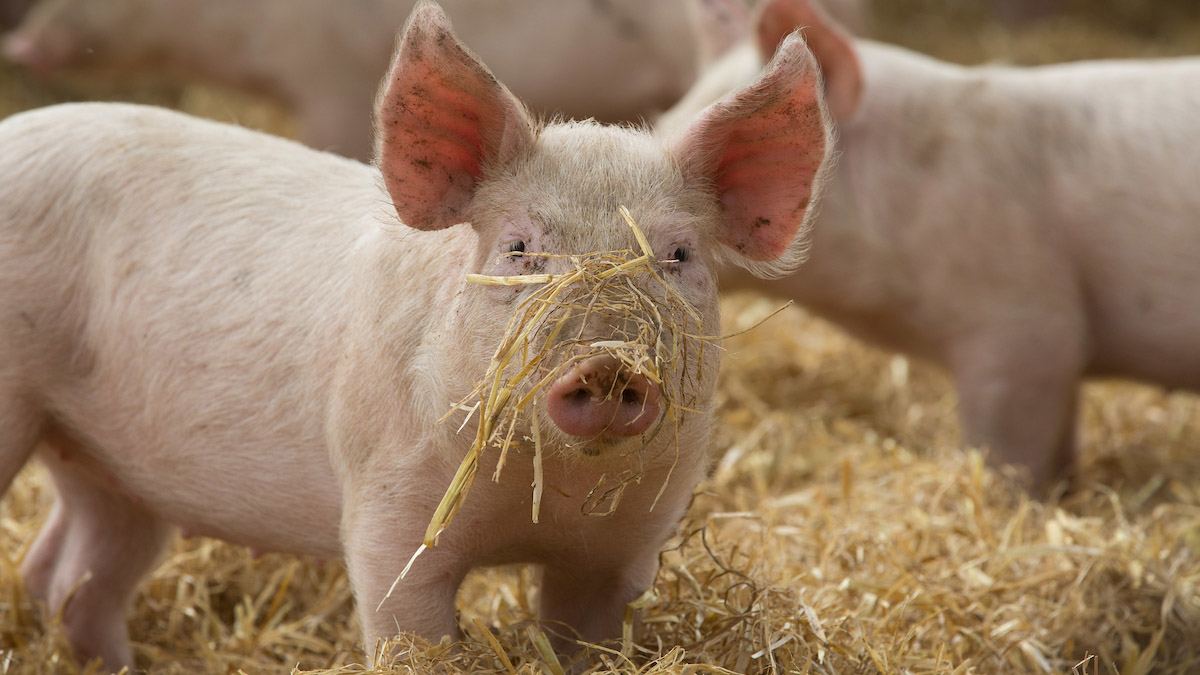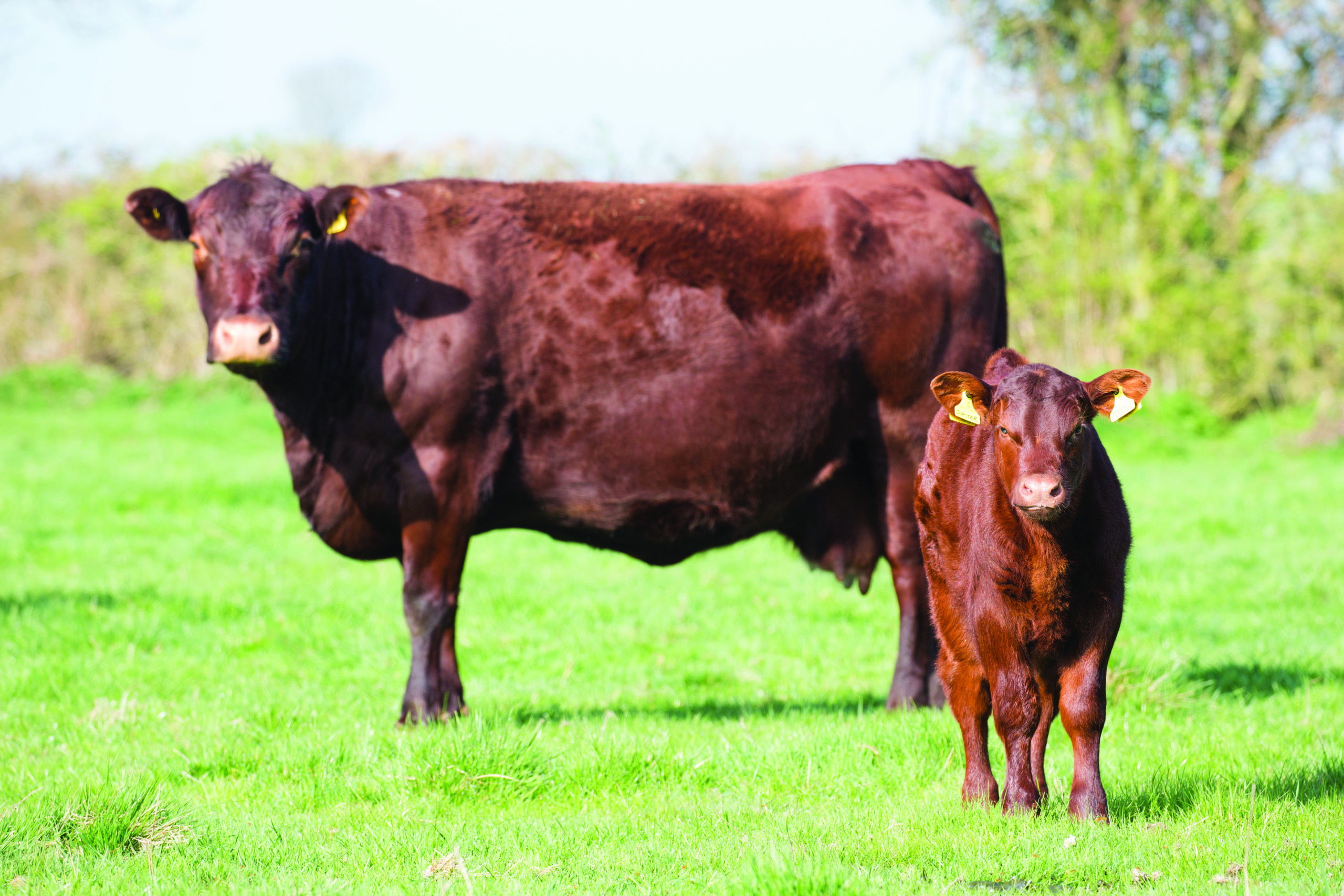Independent review finds Red Tractor Governance is sound and no breach of procedure
19 February 2024: The NFU have today published Campbell Tickell’s independent review of Red Tractor Governance.
Red Tractor Chair, Christine Tacon commented: “The review reports that ‘Red Tractor governance is sound’ and Campbell Tickell have found ‘no procedural breach’.
“It also flags that ‘Red Tractor is perhaps significantly more transparent than other assurance schemes’ and acknowledges that this, together with its representative structure, leads to governance complexity. Red Tractor needs to respond to this, particularly given the current pressure of a challenging operating environment.
“The review sends a clear message about the level of frustration farmers feel and we need to listen carefully to their views. We will also continue to increase our efforts and investment in communicating Red Tractor’s purpose and benefits to farmer members.
“We now have an essential opportunity to reflect and refresh the way Red Tractor delivers its role for all stakeholders across the entire food chain. Over the coming weeks, Red Tractor’s AFS Board will consider the Review in full before agreeing next steps and how these will be implemented.”
The Review has found that Red Tractor governance is sound and comments that: “Red Tractor’s procedures were followed and there was no procedural breach in relation to the events which gave rise to the decision to commission this review.” [Paragraph 1.7]
Regarding the Greener Farms Commitment, the Review confirms that the proposals are correctly part of Red Tractor’s remit: “Red Tractor’s standards are to cover food safety, animal welfare and the protection of the environment. Red Tractor’s activities, in producing its assurance standards, promoting the Red Tractor Brand and developing the environmental module, the Greener Farms Commitment, fall full-square within its corporate objects.” [3.3]
Campbell Tickell have investigated the work on the Greener Farms Commitment proposal and found that: “…a process was agreed which included customer surveys, piloting with 40 farming enterprises, a cost-benefit analysis, updates to all Sector Boards, and regular OB and Board updates. Some 300 + stakeholders were involved in this process, including the NFU, which was duly briefed at formal meetings during the process.” [2.6]
The report comments on the challenging circumstances that surrounded this process: “Although throughout its 23-year existence Red Tractor has always needed to balance pressures and forces – the needs of consumers, retailers, processors, farmers, governments and others – that are often in direct conflict with one another, there has probably not been as difficult a set of operating circumstances as at present.” [2.14]
Campbell Tickell also observe that Red Tractors’ governance is complex and makes responding to these operating circumstances more difficult: “The Articles of AFS are, in comparison with most companies limited by guarantee, somewhat complex, for reasons that we have acknowledged above. However, a successful 20-plus year track record suggests that they have, until recent events, proved fit for purpose.” [3.8]
The review identifies that this complexity is increased by the need to respond to the differences between the devolved nations: “…the differences between the devolved nations have become more pronounced over recent years, and that ensuring that Red Tractor can respond to and engage with all the nations will be one of the critical success measures going forward.” [3.34]
Campbell Tickell’s report comments that to respond to this challenging operating conditions, Red Tractor will need a united board of directors: “Whatever the number of Board members, it is important that all should be united around common purpose, and should fully understand their role and behave accordingly.” [3.11]
The report also highlights the importance of communications: “We consider that this situation is partly a communication issue – there is of course a great deal of communication and consultation, but its recipients may not always fully understand exactly how a given item may fit into the wider processes under way. In this sense, Red Tractor is perhaps significantly more transparent than other assurance schemes, but given the considerable complexity of the structure, this does not currently always operate in its favour.” [3.39]
The review reports that there are misunderstandings within Red Tractor’s governance structure: “…a significant minority people within its governance structure and to whom we have spoken in the course of our review have expressed themselves unclear as to their role and the precise role of their part of that structure, whether the Sector Boards or Technical Advisory Committees.” [3.35]
Campbell Tickell have also identified what they describe as ‘widely contrasting perceptions’ of Red Tractor: “Many see Red Tractor as a well-managed, effective and professional organisation striving to make progress in difficult conditions and to exercise much-needed leadership in the food and farming industries. Others (although fewer of these on the Board of Red Tractor) see the organisation as having a closed, top-down and controlling culture and as having lost touch with the farming communities.” [3.50]
And: “Thus we have found evidence to support both the contrasting sets of perceptions referred to above. There is widespread praise for the quality of Red Tractor Board Members and for the professionalism, commitment and effectiveness of the executive team. In the focus groups we encountered much respect for the wider staff workforce and a recognition of the very stressful conditions under which they were working.” [3.56]
Campbell Tickell make a number of recommendations designed to inform the response to their Review. Red Tractor’s Ownership Body and the AFS Board will now consider these in full:
Campbell Tickell’s Recommendations:
1. Create and publish a Governance Handbook: To address issues around lack of clarity about roles and responsibilities.
2. Introduce a formal process of appraisal for Board and Committee members: To foster a culture of continuous improvement within the governance of the organisation and enable opportunities for ongoing simplification and streamlining.
3. Develop and adopt a Board Member Code of Conduct: To balance two considerations: That company law requires directors to act in the best interests of the company; and that those interests can sometimes conflict with the interests of the body the director represents.
4. Ensure that aspects of the Code of Conduct have application to the wider governance community.
5. Address stakeholder engagement and relations as a priority: We understand that Red Tractor intends to commit resource and time to engaging with farmers in coming months, explaining its work and purpose. We recommend that this be done as soon as practicable. This effort needs to be matched by the Ownership Bodies.
6. Review and revise the Red Tractor risk map: so that it can be fit for purpose in the new environment.


